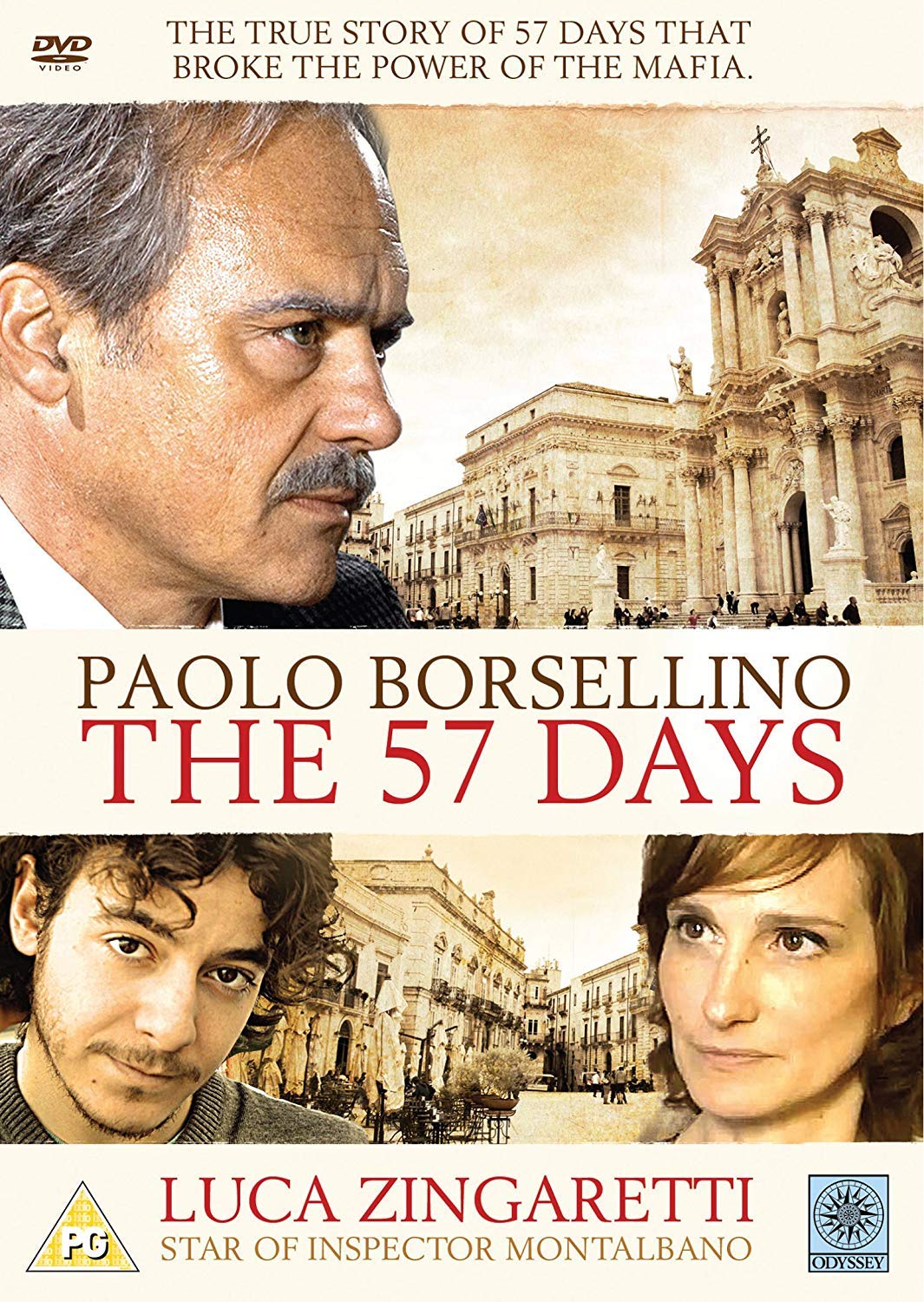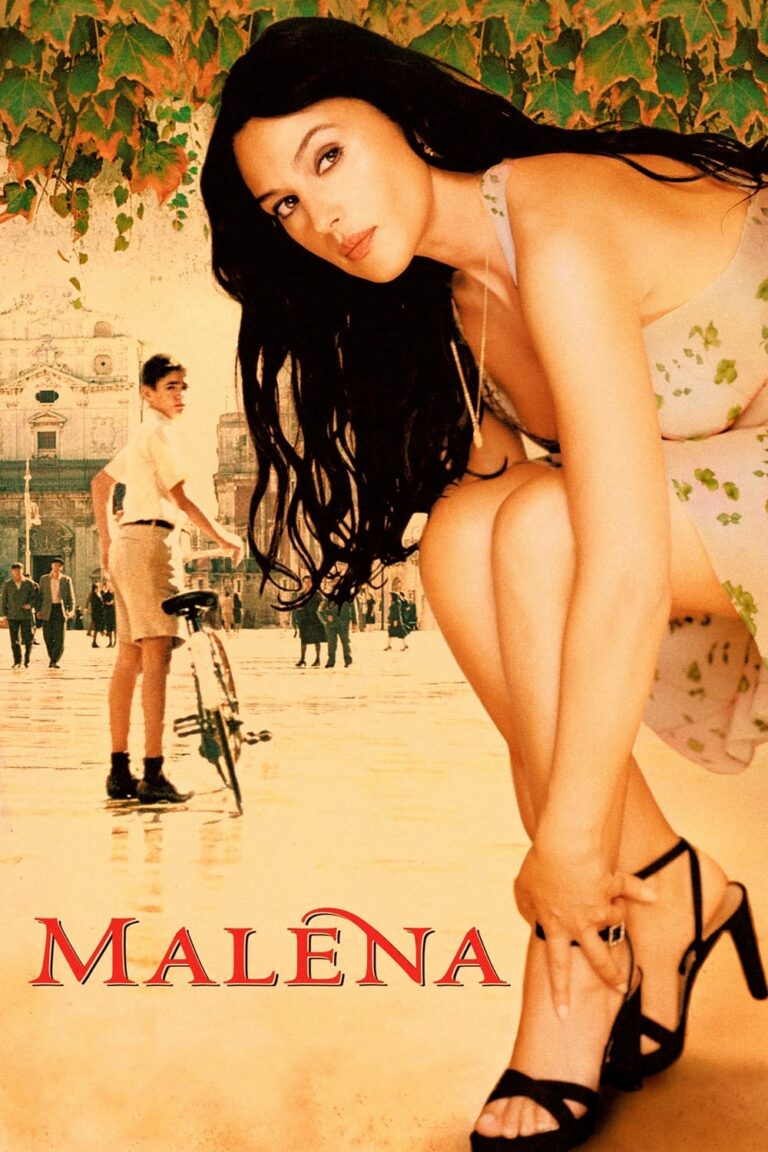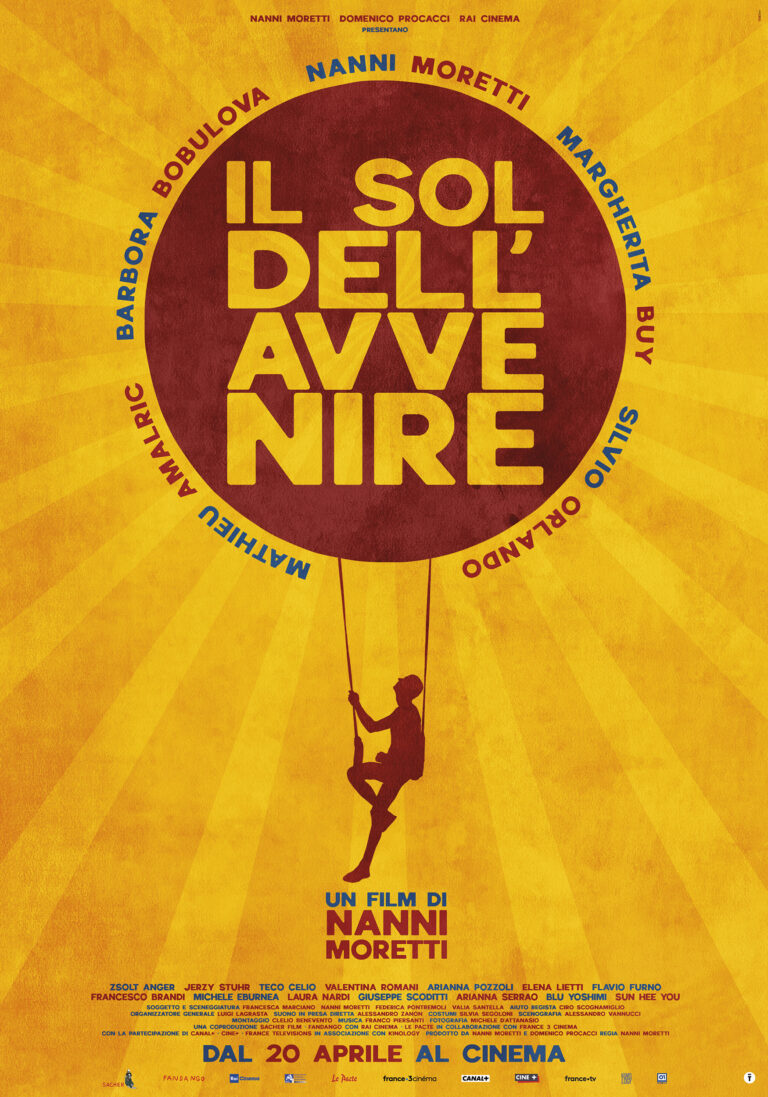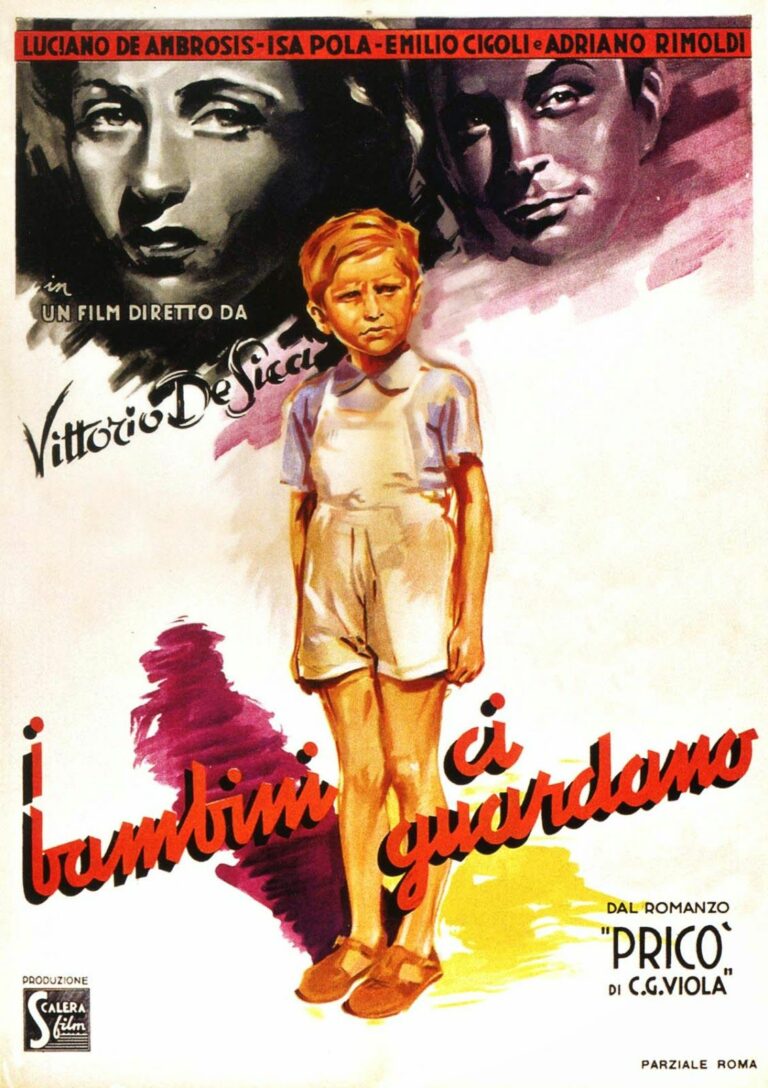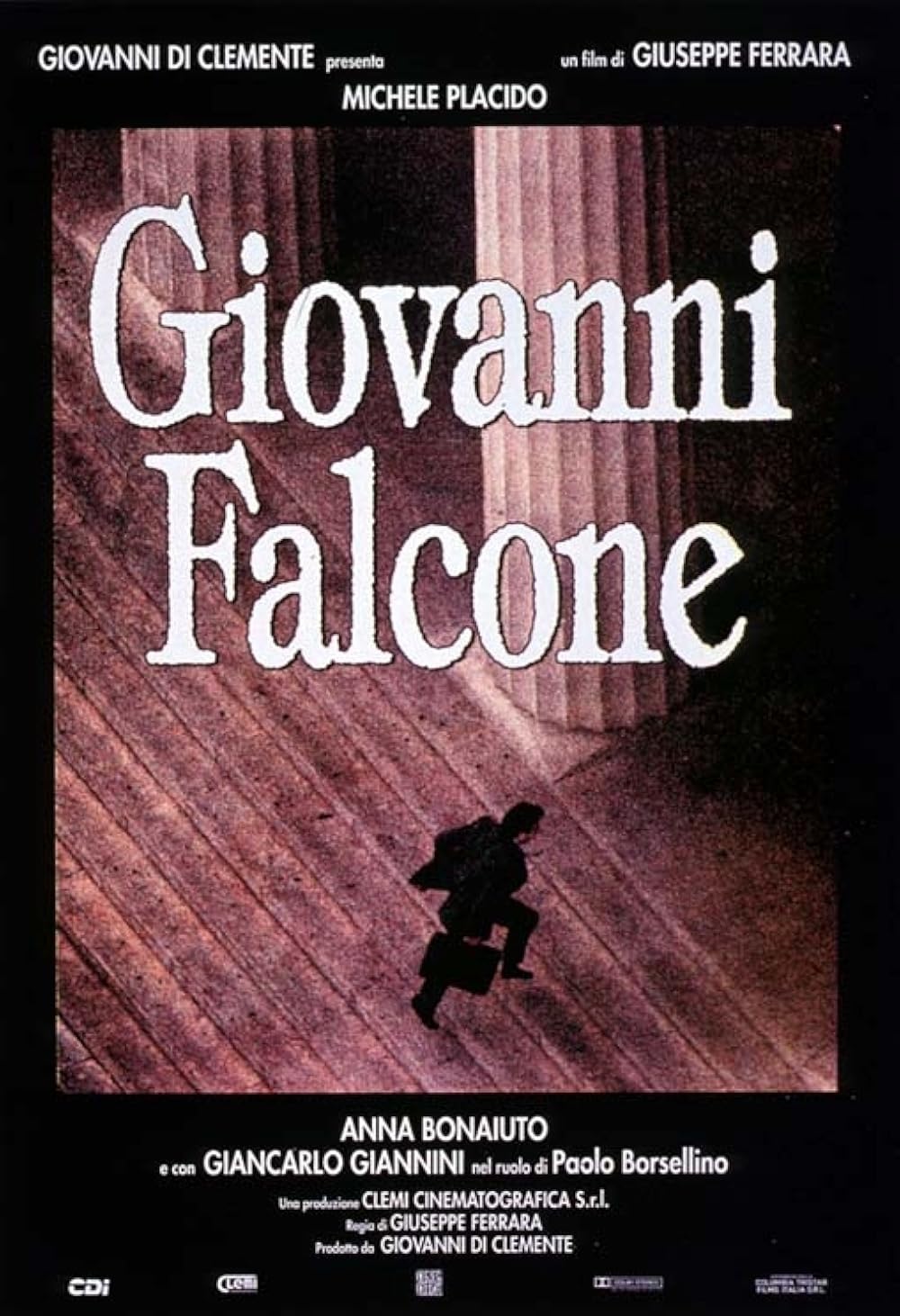
Giovanni Falcone: The Judge and Borsellino: The 57 Days are two powerful films that commemorate the bravery, sacrifice, and unwavering commitment of two legendary anti-Mafia judges, Giovanni Falcone and Paolo Borsellino. Their tireless efforts in the fight against the Sicilian Mafia left an indelible mark on Italian society, law enforcement, and the global struggle against organized crime.
This article delves into the essence of these films, the historical context they portray, and the profound legacy of these courageous figures.
Table of Contents
- Introduction to the Films
- The Real-Life Heroes: Giovanni Falcone and Paolo Borsellino
- The Historical Context: The Mafia in 20th-Century Italy
- Plot Summary: Giovanni Falcone: The Judge
- Plot Summary: Borsellino: The 57 Days
- Themes Explored in Both Films
- The Fight Against Corruption
- The Cost of Justice
- The Cinematic Representation of Heroism
- Public and Critical Reception
- Impact on Modern Anti-Mafia Efforts
- Symbolism in the Films
- Legacy of Giovanni Falcone and Paolo Borsellino
- Lessons for Today’s Society
- Key Quotes and Dialogues from the Films
- Comparative Analysis: Fiction vs. Historical Accuracy
- Frequently Asked Questions
1. Introduction to the Films
Giovanni Falcone: The Judge and Borsellino: The 57 Days are Italian cinematic masterpieces that highlight the pivotal moments in the lives of Giovanni Falcone and Paolo Borsellino, two prominent figures in Italy’s judiciary. These films provide an emotional and educational insight into their heroic battle against the Mafia, showing the sacrifices they made and the legacy they left behind.
Released to critical acclaim, these movies not only chronicle history but also serve as a call to action against societal complacency in the face of crime and corruption.
2. The Real-Life Heroes: Giovanni Falcone and Paolo Borsellino
Giovanni Falcone and Paolo Borsellino were childhood friends and later became judicial colleagues, dedicated to dismantling the Mafia’s stranglehold on Sicily. Falcone pioneered innovative legal methods, such as the Maxi Trial (1986–1992), which indicted hundreds of Mafiosi. Borsellino, equally relentless, carried forward Falcone’s legacy after his tragic assassination.
Their commitment cost them their lives, but their courage inspired Italy and the world to intensify the fight against organized crime.
3. The Historical Context: The Mafia in 20th-Century Italy
The Sicilian Mafia, or Cosa Nostra, thrived in the mid-20th century, infiltrating politics, businesses, and law enforcement. By the 1980s, the Mafia’s power peaked, operating as a shadow government. Judges like Falcone and Borsellino became threats to their empire, using innovative strategies to break their code of silence, or omertà.
These films are set against this tumultuous backdrop, offering a vivid portrayal of the systemic corruption and violence of the time.
4. Plot Summary: Giovanni Falcone: The Judge
This film chronicles the life and work of Giovanni Falcone, focusing on his pioneering legal tactics and the Maxi Trial. The narrative captures his determination to challenge the Mafia despite facing death threats and systemic opposition.
The movie delves into Falcone’s personal life, illustrating the toll his work took on his relationships. It culminates in the tragic 1992 Capaci bombing, a Mafia attack that claimed Falcone’s life, his wife Francesca Morvillo, and their security detail.
5. Plot Summary: Borsellino: The 57 Days
Borsellino: The 57 Days picks up where Falcone’s story ends, focusing on the period between Falcone’s assassination and Borsellino’s own murder. The film explores Borsellino’s grief, resolve, and final efforts to continue Falcone’s mission.
The narrative poignantly depicts his unyielding determination despite knowing he was a target. His assassination on July 19, 1992, in a car bomb attack, marked another devastating blow to Italy’s judiciary and the anti-Mafia movement.
6. Themes Explored in Both Films
The Fight Against Corruption
Both films emphasize the resilience of individuals who challenge entrenched corruption.
The Cost of Justice
The personal sacrifices of Falcone and Borsellino, including their safety and personal lives, highlight the immense price of pursuing justice.
7. The Cinematic Representation of Heroism
The films present Falcone and Borsellino as relatable, flawed humans, making their heroism even more profound. They are portrayed not as invincible icons but as courageous individuals who chose to fight against insurmountable odds.
8. Public and Critical Reception
Both films were lauded for their realism, storytelling, and emotional depth. They resonated with audiences worldwide, shining a spotlight on Italy’s dark chapter while celebrating its heroes.
9. Impact on Modern Anti-Mafia Efforts
The legacy of Falcone and Borsellino lives on in Italy’s legal reforms and public awareness campaigns. Their lives inspired global anti-Mafia collaborations and ongoing efforts to dismantle organized crime networks.
10. Symbolism in the Films
Key scenes, such as Falcone’s relentless work in isolation and Borsellino’s reflections on sacrifice, are symbolic of the loneliness and determination of those who fight for justice.
11. Legacy of Giovanni Falcone and Paolo Borsellino
Their sacrifices galvanized a national movement, leading to increased public support for anti-Mafia initiatives. Streets, schools, and airports bear their names as symbols of resistance against crime.
12. Lessons for Today’s Society
The films remind viewers of the importance of integrity, the power of collective action, and the need for persistent vigilance against corruption.
13. Key Quotes and Dialogues from the Films
The films are rich in poignant lines that reflect the judges’ courage and philosophy, such as:
- “The Mafia is not invincible; it is a human phenomenon, and like all human phenomena, it can be defeated.” – Giovanni Falcone
14. Comparative Analysis: Fiction vs. Historical Accuracy
While dramatized, the films remain faithful to the spirit of Falcone and Borsellino’s lives. They highlight key historical events while humanizing the protagonists.
15. Frequently Asked Questions
Who were Giovanni Falcone and Paolo Borsellino?
Falcone and Borsellino were Italian judges who led groundbreaking efforts to dismantle the Sicilian Mafia.
What were the Maxi Trials?
The Maxi Trials were a series of prosecutions led by Falcone that resulted in the conviction of hundreds of Mafia members.
How did Falcone and Borsellino die?
Both were assassinated in 1992 by Mafia-ordered bombings.
What is the significance of the films?
The films honor their sacrifices and raise awareness about the fight against organized crime.
Are the films historically accurate?
Yes, though some elements are dramatized, the films closely align with historical events.
Where can I watch these films?
These films are available on select streaming platforms and DVD retailers.
Conclusion
Giovanni Falcone: The Judge and Borsellino: The 57 Days are poignant reminders of the courage required to stand against corruption. These films not only document history but also inspire future generations to fight for justice and integrity.
